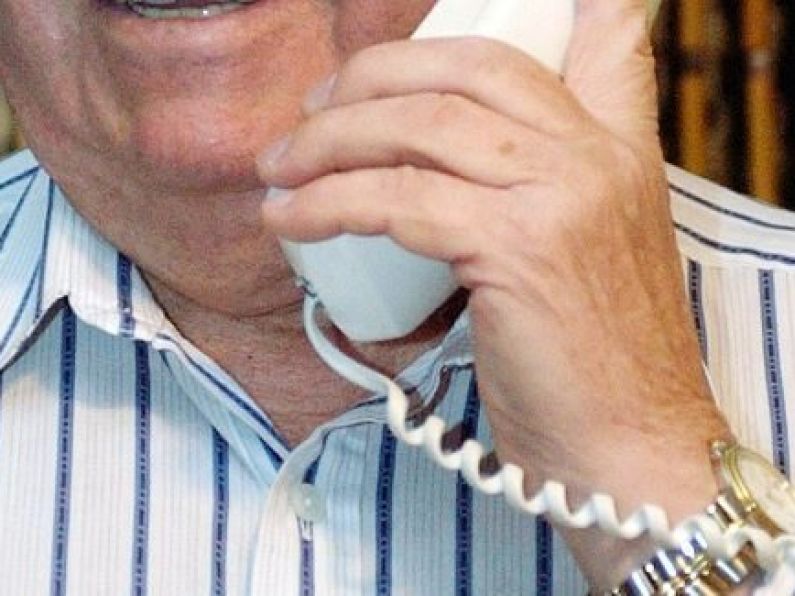By Sarah Slater
GP answering machines can stop older people who need urgent out-of-hours primary care accessing help, a new study shows.
The study in this month’s edition of the Irish Medical Journal found that the information processing ability of older people, often in urgent need when seeking a doctor out-of-hours, may be compromised due to stress as well as illness or age-related physical challenges.
The research on the accessibility of GP answering machines found that in the vast majority of cases, the message aimed at the caller was difficult to hear and comprehend with low volume or interfering noise, leading to increased challenges for those attempting to access primary care out of hours.
The usability of GP surgery phone announcements in two rural counties in Ireland were called and tested on a Sunday night.
It is accepted that older people are reluctant to seek medical help unless in real need and their symptoms are severe, but being ill at night can be accompanied with more anxiety and stress than experiencing similar symptoms during the day.
Outgoing answering machine messages were recorded and transcribed verbatim, with both the audio recordings and transcriptions uploaded to software for analysis.
The study found that difficulty hearing the message, due to low volume or interfering noise, was identified in 27 or 82 per cent of the messages. In 17 or just over half of cases, the pace at which the message was delivered was faster than the normal conversational pace of speech of 120-150 words per minute (wpm), with nine or 27 per cent of messages at a pace of over 170 wpm.
Study co-author Suzanne Smith said that “at this pace, considered too fast for the message to be comfortably heard and processed for understanding, difficulties can be expected for the listener to retrieve and write down the relevant number for a Doctor-On-Call.
“Furthermore, noise interference, either in the background of the recorded message or device-related noise, was often present in messages, adding to the factors to be overcome for auditory processing by the caller.
“Even accessing regularly scheduled health care is already difficult for some older people in Ireland, particularly in rural communities.
“It is accepted that older people are reluctant to seek medical help unless in real need and their symptoms are severe, but being ill at night can be accompanied with more anxiety and stress than experiencing similar symptoms during the day," Ms Smith said.
The researcher making the calls was not ill or in distress when making the calls and had unimpaired hearing, vision, and writing coordination abilities, yet found it was necessary to listen to most of the messages more than once.
The Dundalk Institute of Technology study said that while currently the only alternative to emergency care services, Doctor-On-Call can only be effective if people are both able and willing to use it.
Ms Smith added: “The researcher making the calls was not ill or in distress when making the calls and had unimpaired hearing, vision, and writing coordination abilities, yet found it was necessary to listen to most of the messages more than once to collect the relevant information imparted in the messages.
“The message pace, volume, background noise and complexity of the message content all contributed to the inaccessibility of the information sought, the Doctor-On-Call number."
The study found this can be overcome by improving answering machine messages and providing care directions, maximising the potential for all patients to acquire the necessary details for accessing primary care outside office hours.






